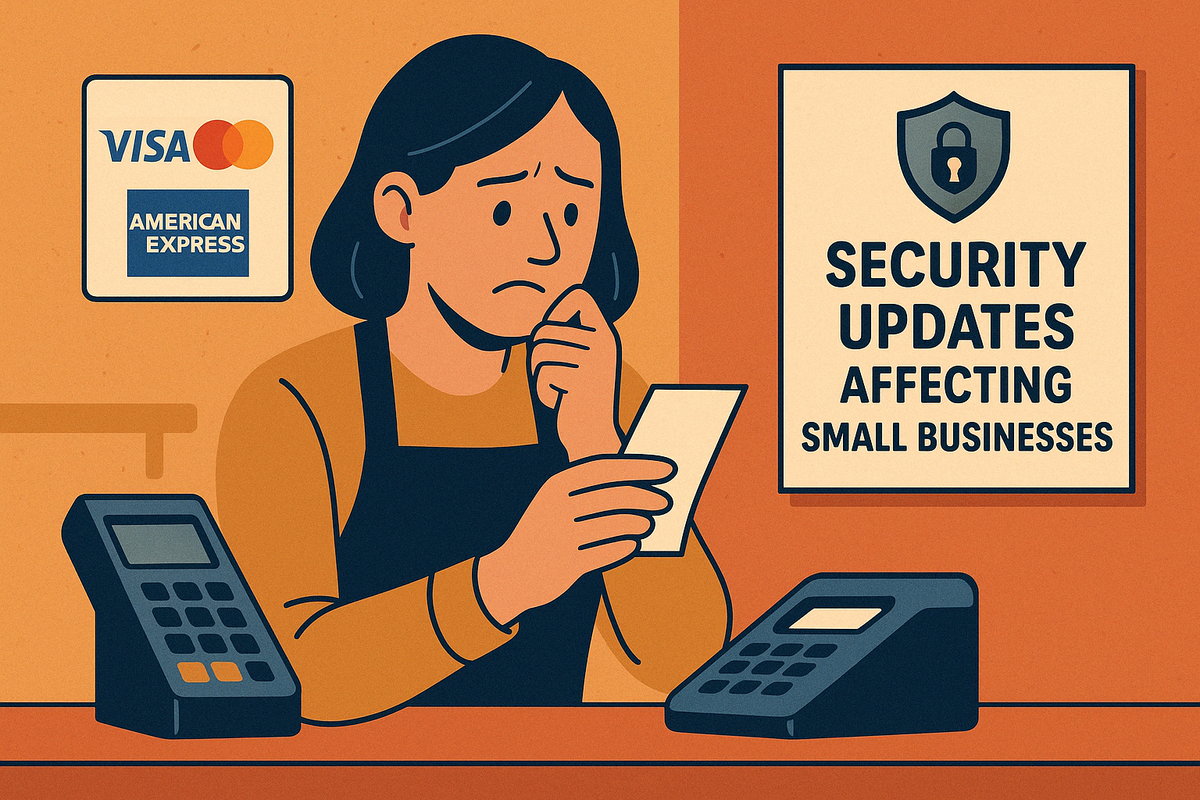
By Robert Skinner | WBN News | May 1, 2025
Sponsored: Talk To An Expert To Reduce Your Rates: Click Here
In a decision that’s sparked national debate, a U.S. federal judge in Texas recently struck down a proposed rule from the Consumer Financial Protection Bureau (CFPB) that would have capped credit card late fees at $8.
The original rule, part of the Biden administration’s push to reduce so-called "junk fees," aimed to ease the burden on consumers struggling with repayment. But banking groups argued the cap violated existing legislation and would eliminate billions in revenue. The court sided with them.
So what does this have to do with your small business — even if you're in Canada?
Quite a bit.
Why it matters:
When customers rack up excessive late fees — often $30 to $40 per missed payment — they’re left with less disposable income. This leads to delayed spending, fewer discretionary purchases, and ultimately, a hit to local small businesses.
While this specific ruling affects only the United States, Canadian consumers are experiencing similar financial pressures. According to Equifax Canada, credit card delinquencies rose 31% year-over-year by the end of 2024. Late fees from Canadian issuers commonly range between $25 and $35, and with rising interest rates, even one missed payment can snowball into lasting financial stress.
Who’s at risk?
- Retailers & Boutiques — lower foot traffic and fewer impulse buys
- Personal Services — salons, gyms, and spas often see quick drop-offs
- Food & Beverage — casual dining and coffee shops may be hit as consumers cut extras
What can small businesses do?
- Watch your receivables: If you offer net terms or payment plans, monitor customer behavior closely. Delinquency in one area often leads to broader payment delays.
- Expand payment flexibility: Consider adding buy-now-pay-later options or loyalty-based incentives to encourage smaller, more frequent purchases.
- Reinforce value messaging: If customers are stressed, they’ll prioritize essentials. Position your products or services as lasting, worthwhile, or cost-saving.
- Communicate proactively: Use newsletters and social media to let your customers know about promotions or flexible payment options — without sounding pushy.
- Advocate for financial reform: Just like in the U.S., Canadian small business owners can engage with chambers of commerce and financial regulators to discuss fairer fee structures and transparency.
Bottom line:
When consumers get squeezed by their credit card bills, small businesses often feel it next. Whether you're in the U.S. or Canada, late fees and rising debt are more than personal finance issues — they’re community-wide challenges. Staying alert and adaptable is the best way forward.
WBN News - South Delta Edition
Robert Skinner - Publisher
Sponsored: Talk To An Expert To Reduce Your Rates: Click Here
#WBN News - South Delta #Robert Skinner - Publisher #Credit Card Fees #Late Fees #Small Business Risks #Consumer Spending #CFPB #Financial Planning #Merchant Insights

